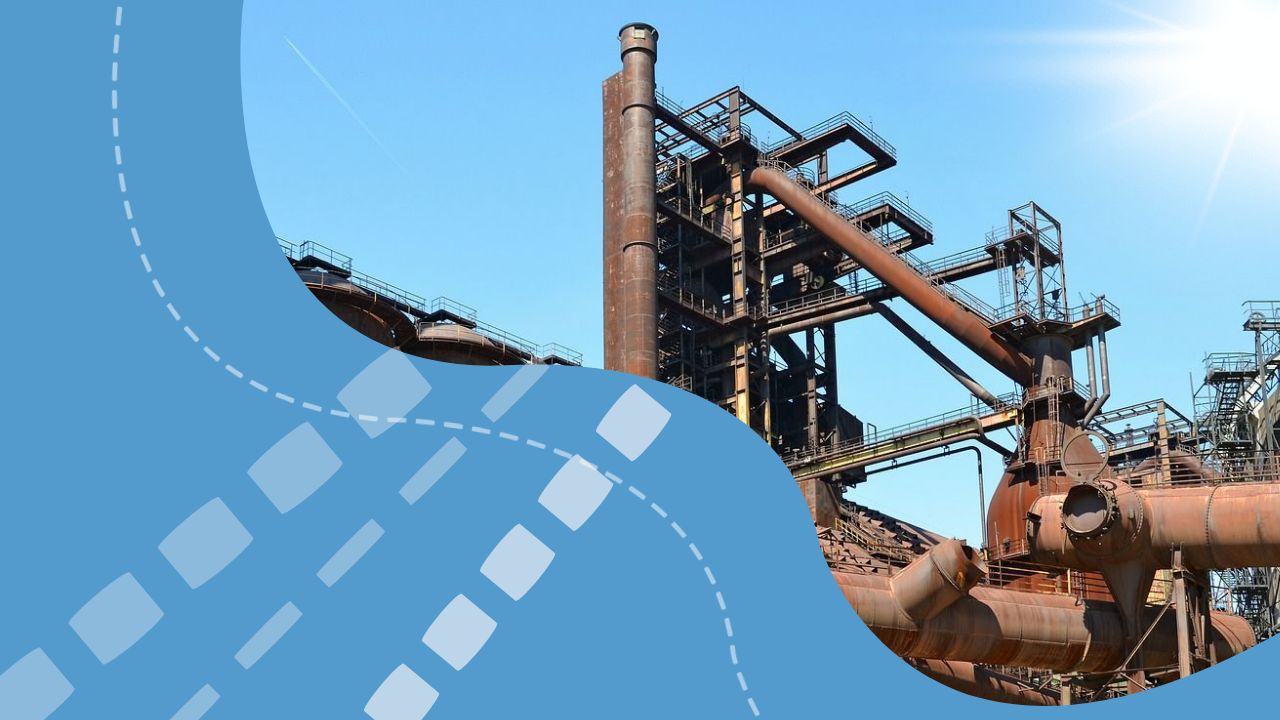Serbia’s Minister of Mining and Energy Dubravka Đedović Handanović said on Thursday that it is necessary to “responsibly consider” how to approach her country’s critical natural resources – which includes lithium – in the future.
“If we want to develop, then we should use natural potentials, but also do everything to minimise risks, especially in the area of the environment,” Minister Đedović Handanović said. “It is important that we do not look at this issue exclusively through the exploitation of mineral wealth, but also as the possibility of obtaining a value chain, which would also mean factories for the production of batteries and electric vehicles. The world is moving towards a new industrial order and it is up to us to see if we want to be part of that order, and we have all the prerequisites for that.”
The Mining and Energy made a similar point on Tuesday: when asked about the potential exploitation of lithium in Serbia, she responded by saying that her country needs to consider how to utilise such resources in terms of closing the value chain.
“Serbia is extremely rich in mineral resources that are also on the EU’s list of critical mineral resources. We stopped the ‘Jadar’ project before we had a chance to see the results of the Environmental Impact Assessment. We should consider how we can utilise the wealth we possess in terms of closing the value chain, which would mean factories for battery and electric vehicle production,” Minister Đedović Handanović said on Tuesday.
The Jadar deposit is estimated to be one of the largest lithium deposits in the world, according to the think-tank Blue Europe. The Jadar mining project, located in western Serbia, had been started by British-Australian mining company Rio Tinto before the company’s license was revoked in 2022 due to environmental concerns about the project.
However, a report by German tabloid Hadensblatt in December 2022 on a confidential list of investments under the EU’s “Global Gateway” initiative – including a lithium mine in Serbia – has led to speculations that the Jadar project may be revisited in the future.

